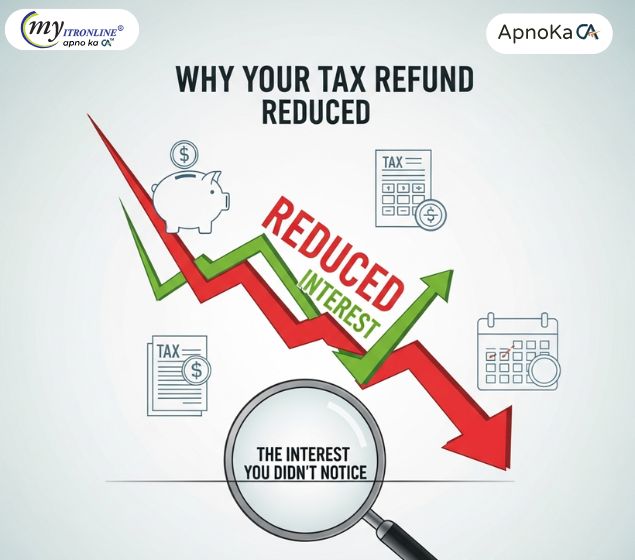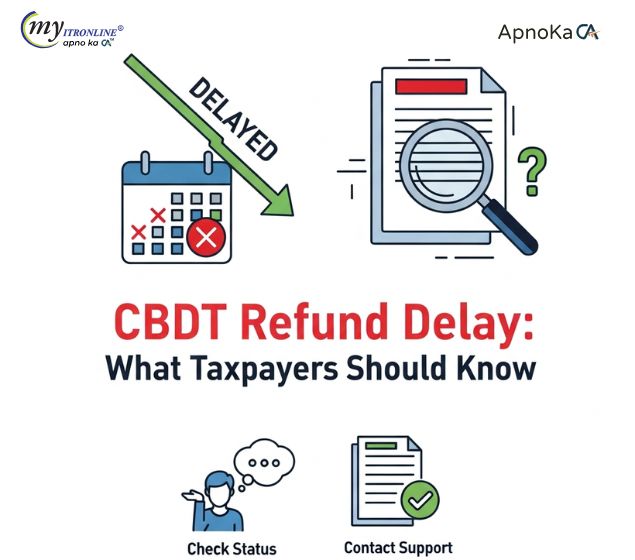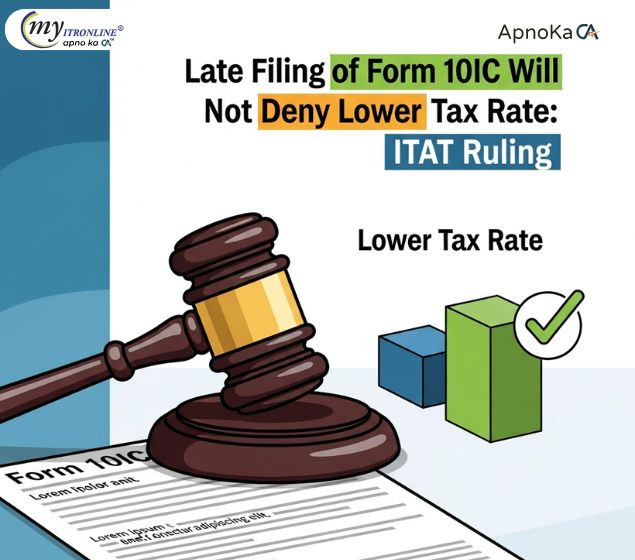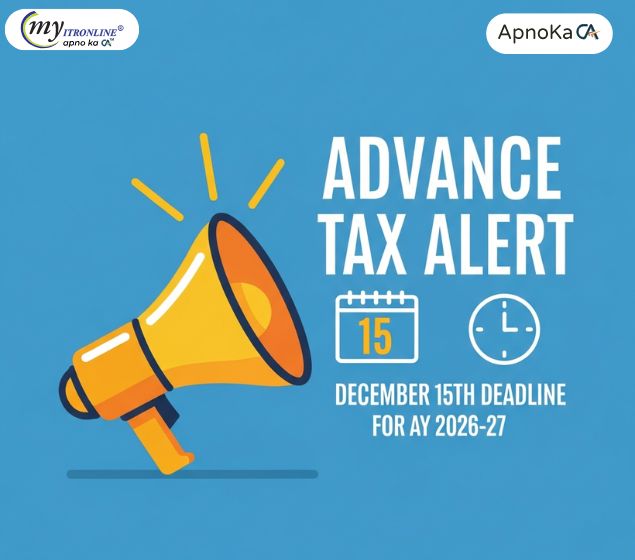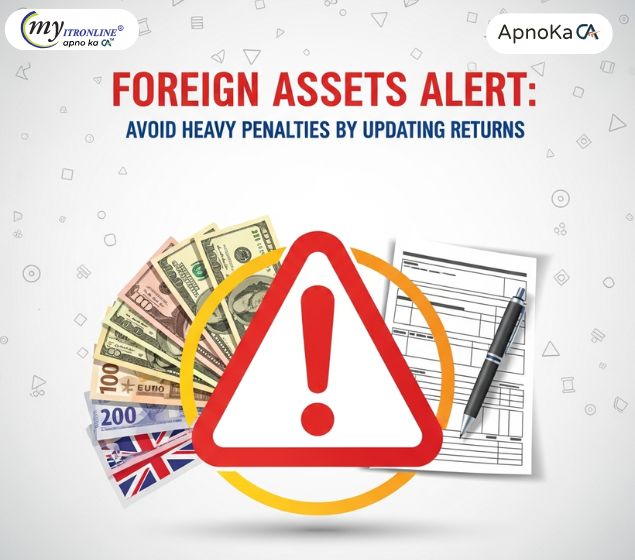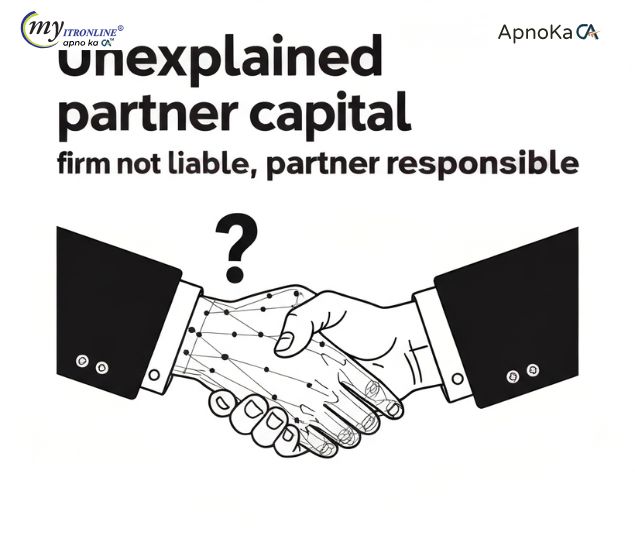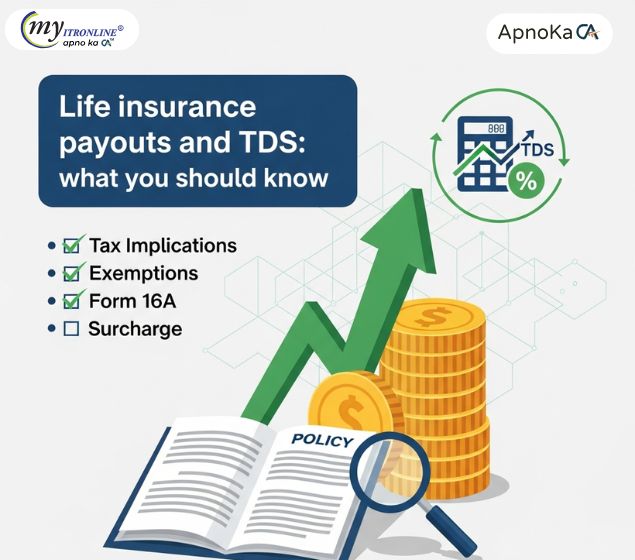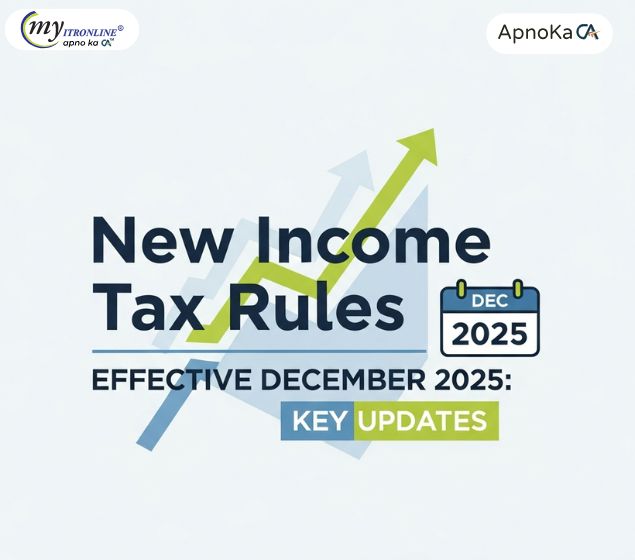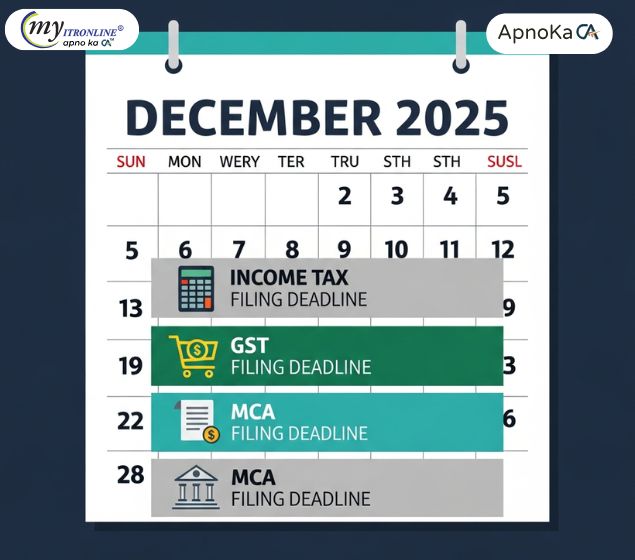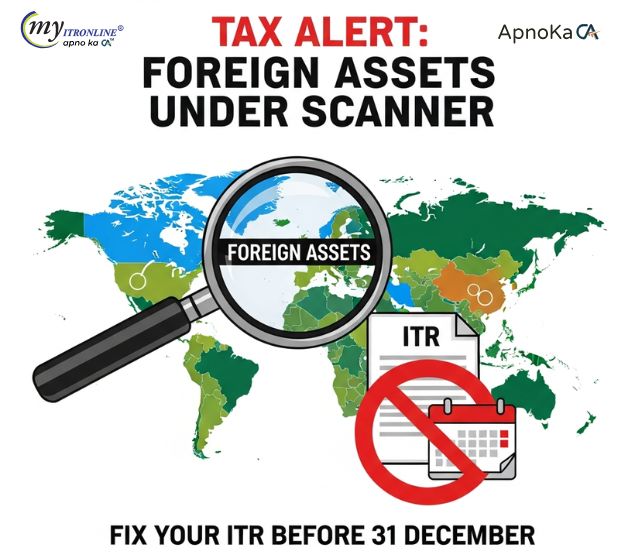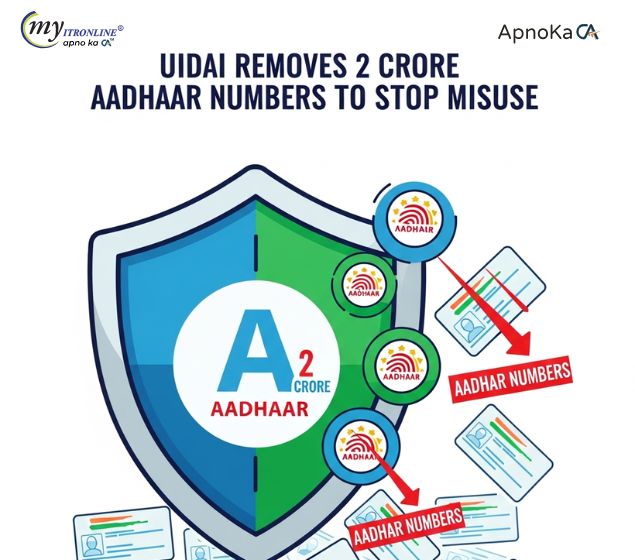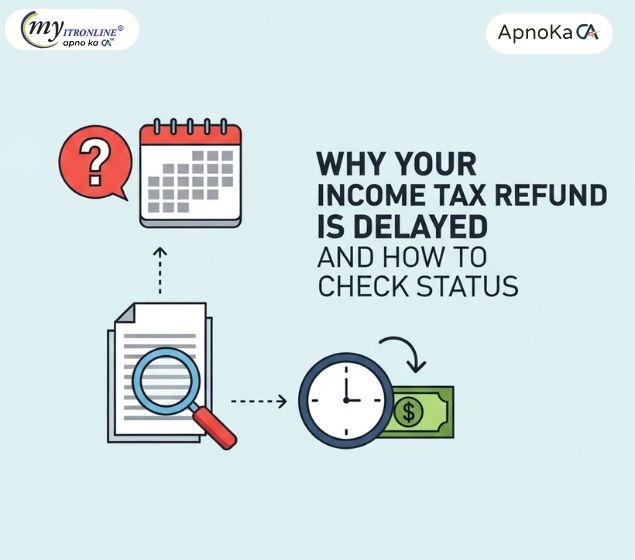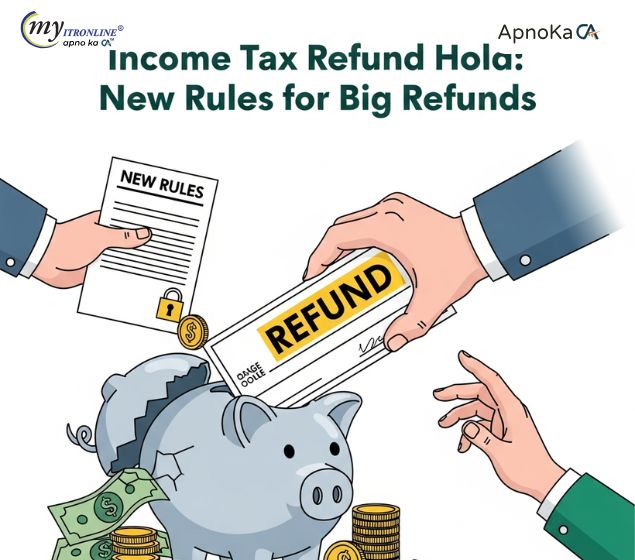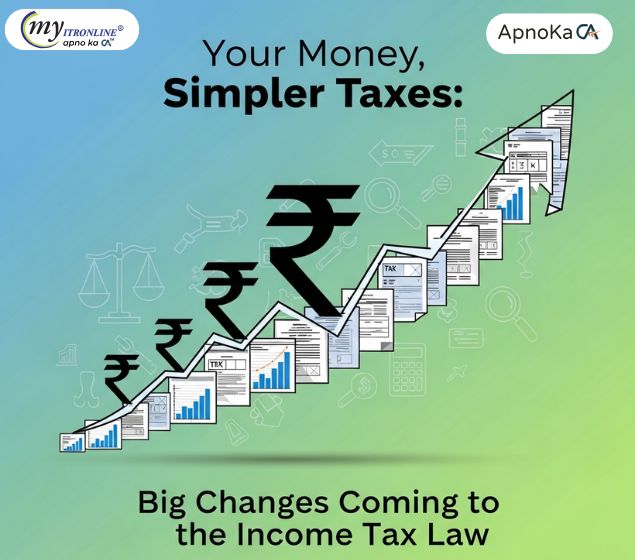TDS on Salary Under Section 192: Latest Rules for FY 2024–2025
For FY 2024–2025, this blog offers a comprehensive guidance on TDS on salaries under Section 192. Discover how to compute TDS under the previous and current tax systems, as well as the most recent regulations and employer obligations.
.jpg )
Overview
Under the Income Tax Act of 1961, employers must comply with the fundamental condition of Tax Deducted at Source (TDS) on salaries. In order to guarantee that income tax is collected at the source prior to the salary being credited to the employee's account, Section 192 regulates the deduction of TDS from an employee's pay. The TDS regulations under Section 192 have undergone certain modifications and revisions since the start of the Financial Year 2024–2025. An extensive summary of the most recent clauses, computation techniques, and employer obligations is given in this article.
Comprehending Section 192
Every employer is required under Section 192 to deduct TDS from employees' pay in the event that their taxable income over the basic exemption level. Within the allotted period, the employer must submit the withheld tax to the government.
Important Points:
- Section 192 solely applies to salary income for TDS purposes.
- The employee's appropriate income tax slab determines the deduction rate.
- When computing TDS, employers must take into account both the old and new tax regimes.
Regulations for FY 2024–2025
For the fiscal year 2024–2025, the government has implemented a number of significant adjustments to the TDS deduction on salaries:
1. Selecting Between the New and Old Tax Regimes
- At the start of the fiscal year, employees are required to indicate whether they prefer the old or new tax regime.
- Unless the employee chooses to stick with the previous tax system, the new one will be the default.
2. Updated Tax Slabs (New System)
- Although there are fewer exclusions and deductions under the new tax system, the reduced tax rates are still available.
- Employers are required to calculate TDS using the employee's selected regime.
3. ₹50,000 is the Standard Deduction
- For both tax systems, the standard deduction of ₹50,000 is applicable.
- The taxable pay is immediately reduced by this deduction.
4. Modifications to Other Allowances and HRA
- Under the previous administration, the House Rent Allowance (HRA) was still accessible; however, under the current one, it is no longer relevant.
- For workers who want to stick with the previous system, employers are responsible for making sure that exclusions for HRA, LTA, and other benefits are applied appropriately.
5. Increased Sanctions for Non-Compliance
- Penalties under Section 201(1A) and interest charges will be applied to late TDS deposits.
- Penalties under Section 271C may result from incorrect TDS deductions.
How Does Salary TDS Get Calculated?
TDS on pay is computed using the employee's expected yearly income after taking into account:
- Base pay
- Allowances, such as HRA, LTA, and special allowances
- Chapter VI-A deductions (including Sections 80C, 80D, etc.)
- The tax slab that applies under the chosen regime
For Example:
Let's say a worker chooses to use the new tax system and makes ₹12,00,000 a year. The following would be the TDS calculation:
| Range of Incomes | Rate of Taxation |
|---|---|
| ₹0–₹3,00,000 | 0% |
| ₹3,00,001–₹6,00,000 | 5% |
| ₹6,00,001–₹9,00,000 | 10% |
| ₹9,00,001–₹12,00,000 | 15% |
Monthly TDS deductions will be made in accordance with the expected total tax liability.
Section 192 Employer Responsibilities
The following compliance measures must be guaranteed by employers:
- Obtain Form 12BB for investment disclosures from staff members.
- Accurately deduct TDS and submit it to the government by the seventh of the subsequent month.
- By May 31st of the next fiscal year, submit Form 16.
- Submit quarterly TDS returns (Form 24Q).
- To prevent a larger TDS deduction, confirm your PAN information.
What Takes Place If No TDS Is Withheld or Deposited?
Noncompliance with TDS requirements may lead to:
- Interest for non-deduction of TDS is 1% per month.
- Interest for nonpayment of deducted TDS is 1.5% each month.
- Penalty for deliberate non-deduction under Section 271C.
- Salary costs are not allowed in the employer's tax calculation.
Conclusion
For FY 2024–2025, new regulations under Section 192 will be implemented; employers need to keep informed and make sure they are properly complying to avoid fines. In order to maximize tax benefits, employees should also be aware of their tax regime alternatives and immediately disclose investments. Employers and workers may both effectively handle TDS with the right knowledge and prompt action.
Get professional advice and hassle-free tax filing by visiting myITRonline right now!
FILING YOUR INCOME TAX RETURN F.Y 2024-25 (A.Y. 2025-2026) WITH MYITRONLINE
The income tax filing deadline is right around the corner. If you haven’t filed yet, do it today with Myitronline! Avoid last minute rush and file your tax return today on MYITRONLINE in Just 5 mins.(www.myitronline.com)
If you are looking for eCA assistance to file your income tax return/ GST, you can opt for MYITRONLINE eCA assisted plan starting
Upload Salary Individual Form-16
If you have any questions with filing your tax return, please reply to this mail. info@myitronline.com OR call 9971055886,8130309886.
Note-All the aforementioned information in the article is taken from authentic resources and has been published after moderation. Any change in the information other than fact must be believed as a human error. For queries mail us at marketing@myitronline.com
Krishna Gopal Varshney
An editor at apnokacaKrishna Gopal Varshney, Founder & CEO of Myitronline Global Services Private Limited at Delhi. A dedicated and tireless Expert Service Provider for the clients seeking tax filing assistance and all other essential requirements associated with Business/Professional establishment. Connect to us and let us give the Best Support to make you a Success. Visit our website for latest Business News and IT Updates.
Leave a reply
Your email address will not be published. Required fields are marked *Share this article
Krishna Gopal Varshney, Founder & CEO of Myitronline Global Services Private Limited at Delhi. A dedicated and tireless Expert Service Provider for the clients seeking tax filing assistance and all other essential requirements associated with Business/Professional establishment. Connect to us and let us give the Best Support to make you a Success. Visit our website for latest Business News and IT Updates.
View articles









